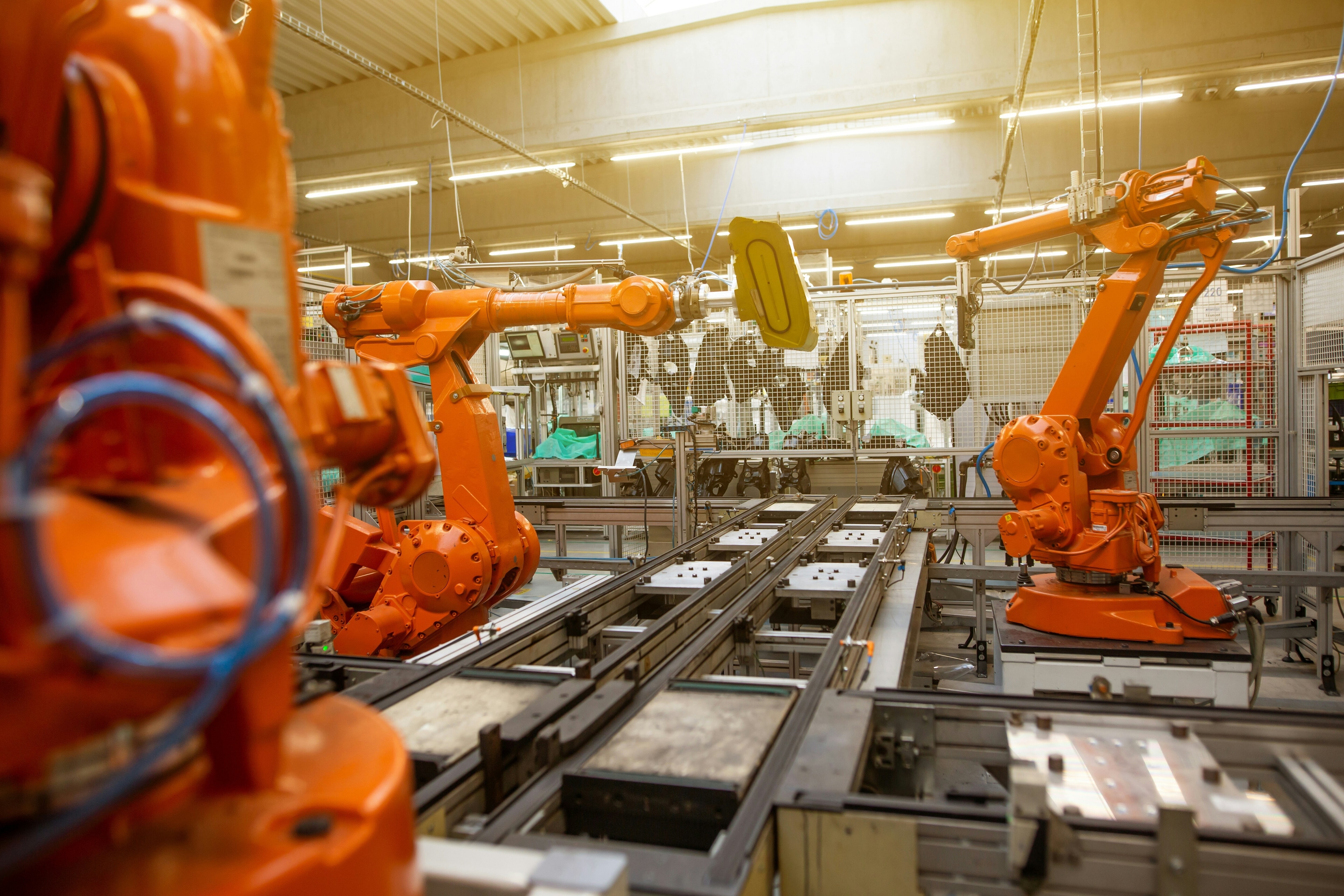Meet the Syrian refugee chef whose food is helping save lives back home

Fundraising with falafels: chef Imad Alarnab is cooking to raise money for his fellow refugees.
Image: Help Refugees & Stefan Jakubowski
Stay up to date:
Migration
In an airy dining room in east London, 20 people wait with anticipation as mesmerizing smells waft through from an adjacent kitchen.
Imad Alarnab is a Syrian chef living in the UK. He’s also a refugee. Four weeks previously he heard that Hope Hospital, the only paediatric hospital in northern Aleppo, was at imminent risk of closure.
Determined to help, Imad decided to use his culinary skills to raise money. He partnered with the charity Help Refugees, a newcomer on the British aid scene, which in just over three years has supported more than 80 projects across Europe with a network of over 25,000 volunteers.
Accept our marketing cookies to access this content.
These cookies are currently disabled in your browser.
Together, they devised, planned and executed Imad’s Syrian Kitchen, a pop-up restaurant that serves diners a three-course meal of Syrian food, and donates all the money raised from tickets to charity.
As he applies the finishing touches, guests stream towards the dining room, chattering among themselves. Imad is delighted: “This is why food is always able to bring people together,” he says. “I feel like I’m the Syrian food ambassador.”
Help Refugees is as much built around the modern age as it is created by it. Using social media, its volunteers gather support, spread awareness and attempt to make charitable giving go viral.
In the summer of 2015, using the hashtag #HelpCalais, Help Refugees set out to gather donations and raise money for refugees living in France’s infamous Jungle.
The hashtag went viral. After just a few weeks, they found themselves with more than £100,000 and were receiving more than 7,000 donations a day.
The charity’s media spokesperson, Tom Steadman, says the nightly ticketed dinners are a powerful way of persuading ordinary people that they can do something to help.
“Syria is an overwhelming crisis people feel they can’t do anything about,” he says. “But with a restaurant, you can easily do something.
“It’s all about bringing something positive to people’s lives. Amid the chaos, it’s important that people see the impact refugees have on our society - whether its cooking, volunteering or creating art.”
The statistics are stark. According the to the UNHCR there are currently 65.6 million displaced people worldwide, including over 22 million refugees. Of those, only 189,300 were resettled in 2016.
“Imad is a shining example of someone who has a lot to offer,” Steadman adds.
He also believes that the advent of social media has changed the game for charitable campaigning: “Grassroots humanitarian response would be no way as quick as it is without social media.”
The Syrian kitchen is just one of many innovative projects Help Refugees has supported. Last year they opened a pop-up shop in Soho, London, where people could buy products for refugees, from emergency blankets to school bags.
Imad says that British people have been welcoming to him - but he would like to remind non-Syrians that the story of his country is not only one of civil war and strife.
“There’s two kinds of reaction in the UK,” he says. “One is ‘Hello, you’re welcome’ and the other is, on finding you’re from Syria: ‘Oh, sorry’."
With his kitchen proving more popular after every sitting, Imad is not just serving up delicious food and raising money for war-torn Syria. He’s proving what can be possible when refugees are given a chance.
Don't miss any update on this topic
Create a free account and access your personalized content collection with our latest publications and analyses.
License and Republishing
World Economic Forum articles may be republished in accordance with the Creative Commons Attribution-NonCommercial-NoDerivatives 4.0 International Public License, and in accordance with our Terms of Use.
The views expressed in this article are those of the author alone and not the World Economic Forum.
Forum Stories newsletter
Bringing you weekly curated insights and analysis on the global issues that matter.
More on Industries in DepthSee all
Eneida Licaj and Genevieve Sherman
September 10, 2025
Benedikt Gieger and Christian Busch
September 3, 2025
Spencer Feingold
August 18, 2025
Giorgio Parolini
July 7, 2025
Ibrahim Odeh and Oliver Tsai
July 2, 2025






